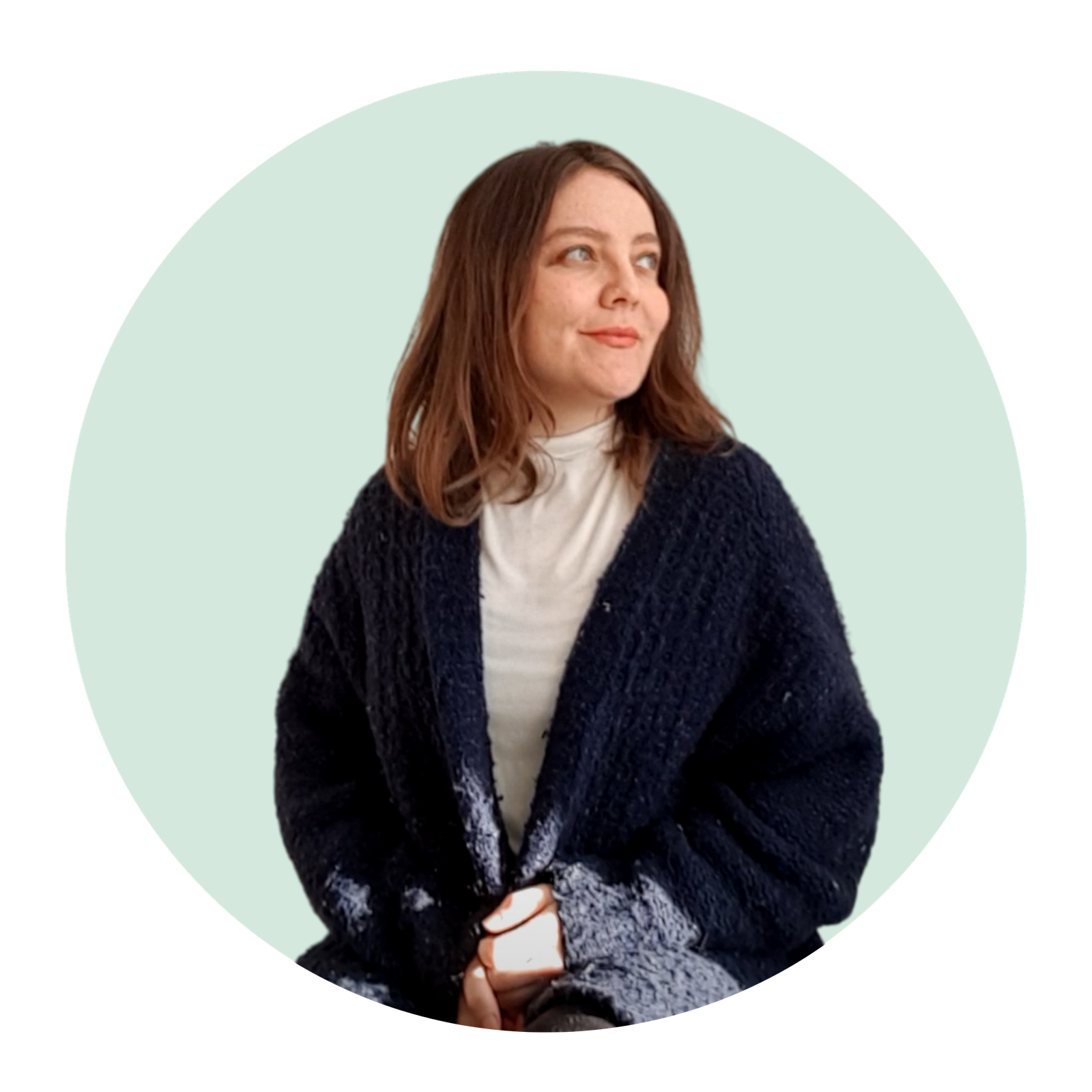It often starts with a spark—a moment of recognition. Maybe you’re scrolling through a late-night forum, listening to a podcast, or watching a video where someone describes their life, and it feels uncomfortably familiar. Words like "autism," "ADHD," or "neurodivergence" leap off the screen and settle in your chest. Could this be me? If you’re here, …
